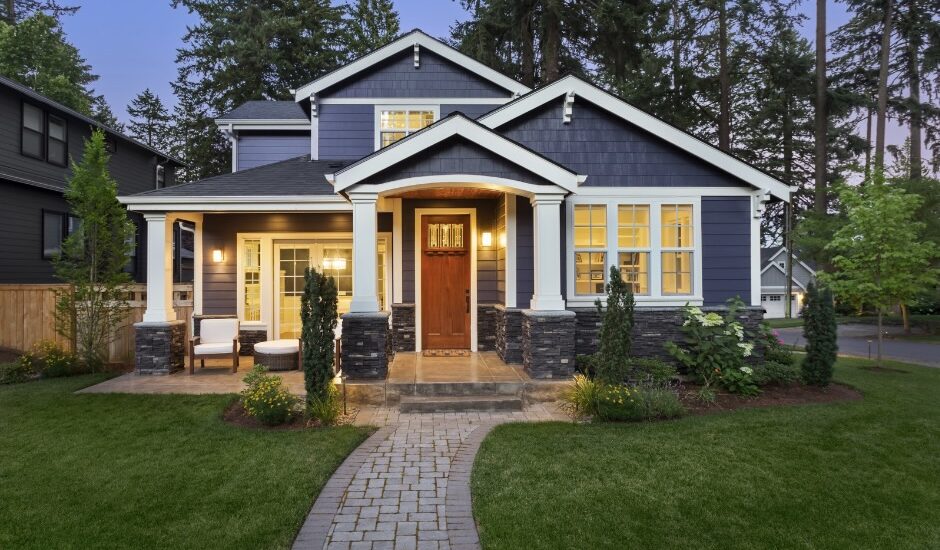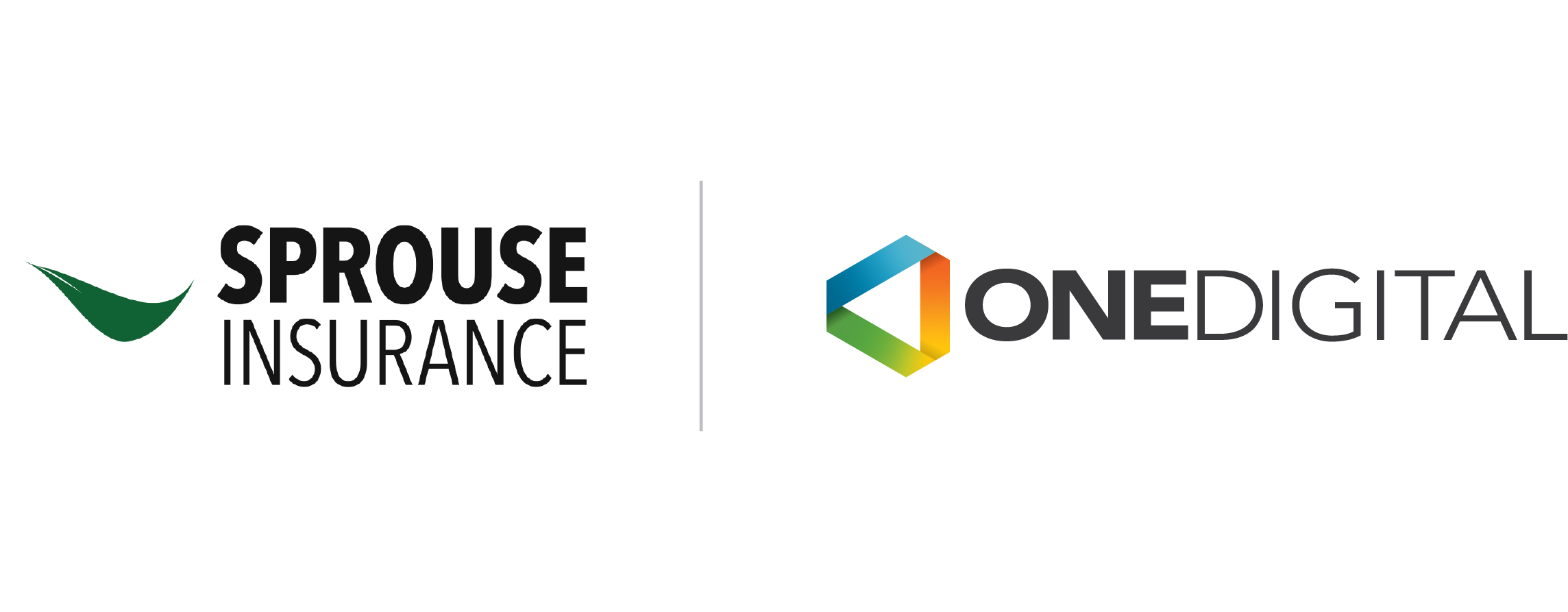How are homeowners insurance rates determined?
- September 20, 2022
- Posted by: Guerrilla Group
- Category: Personal Lines
No Comments

There are many different factors that an insurance company considers when they are
determining the cost of a homeowners insurance premium. The average premium for
homeowners insurance in the U.S. is $1,312 per year. While this is the average cost
there are many factors that will impact the rates–some of them you may expect, and
some may be surprising to you.
Top 7 factors that affect your homeowners insurance premium.
- The location of your home.
The location of your home influences the amount you pay in premiums. If your
zip code is located near an area with a history of perils, such as vandalism, theft,
or weather-related events, it will impact the cost of your policy by raising the
rates. While this may be a negative factor the location of your home could also
impact the premium positively. If your home is located near a staffed fire station
for example your rates could decrease. - The replacement cost of your home.
Replacement cost refers to the amount it would cost to rebuild your home with
construction materials of similar type and quality. Your home’s replacement cost,
or rebuild value, is based on multiple factors. The replacement cost of your home
is not equivalent to the market value of your home or what it would sell for in the
real estate market. Rather, the home’s rebuild cost refers to the amount of
dwelling coverage you need. - The amount of coverage and your deductible.
A good rule of thumb to consider is, that the more coverage you require, the
higher your premiums will be. You can offset that cost by increasing your
deductible, which can lower your homeowners insurance premium.
By lowering your deductible, you increase your premium. However, it’s wise to
account for potential damage or loss to your home or belongings when
considering the amount of your deductible. - Your home’s age and condition.
People with older homes typically pay more to rebuild their homes if their home is
damaged or destroyed. This is why these people are facing higher insurance rates. On average the below indicates how much more a homeowner is charged by the insurance company for the age of their home.
A 30-year-old home — 1% increase
A 35-year-old home — 2% increase
A 40-year-old home — 2% increase
A 45-year-old home — 3% increase
A 50-year-old home — 3% increase - Home security
Home security systems, fire sprinklers, impact-resistant garage doors and
windows, water-leak sensors, and other preventative features can all lead to
discounts on your homeowners insurance rates.
Taking preventative measures to protect your home and decrease the likelihood
of storm damage or burglary lowers your policy cost for a couple of reasons: It
directly lowers the risk of damage or loss to your property, and it is a good
indicator to your insurance company that you take proper care of your home. - Your credit & claims history.
People with poor credit scores are almost exclusively viewed as “high-risk,”
which means to the insurance company that there is a higher chance they could
miss a payment or stop making the payments altogether.
To compensate for that risk, insurance companies charge higher rates for people
with bad credit. On the other hand, homeowners with a good credit score are
often rewarded with a lower premium.
Likewise, If you have filed insurance claims in the past, it will affect your home
insurance premium. The size of the claim does not impact this–if you switch your
insurance provider they will be able to indicate that you have filed claims in the
past and that will cause your rate to increase. - Bundling other insurance from the same company.
Bundling your insurance policies from the same insurance company not only is
less of a hassle for you, but it could also save you money. Having more than one
policy from the same company, for example, Home and Auto insurance policies
can result in discounts ranging up to 25% off.
Interested in learning more about what affects your homeowners insurance premium?
Give us a call today.

